Estimated reading time: 11 minutes
Disclaimer: I am not a medical doctor and nothing in this article should be taken as medical advice. Please talk to your doctor before using any of the herbs or remedies mentioned in this article.
For years, there has been controversy about the overuse of antibiotics. But there may come a time when antibiotics are difficult or even impossible to get. So you may want to learn about and stock up on natural alternatives to antibiotics.
In this article, we’re going to talk about fourteen natural alternatives to antibiotics. We’ll give you some ideas of how to use them and where to get more information. But first, let’s go over why you need alternatives to antibiotics.
Want to save this post for later? Click Here to Pin It On Pinterest!
Why You Need Alternatives to Antibiotics
Antibiotics are an excellent tool that doctors have to fight infections. However, in a long-term disaster, it might not be possible to get to a doctor or pharmacy to get the necessary antibiotics. And they may be reserved for severe infections even if they are accessible.
You may also be interested in antibiotic alternatives if you are sensitive to the side effects of regular antibiotics or if you are worried about drug-resistant infections. If this is your situation, you’ll want to contact your doctor or pharmacist before trying alternative methods of treatment.
As always, do your own research and make sure these treatments are right for you and your situation. Let’s get started.
1. Honey
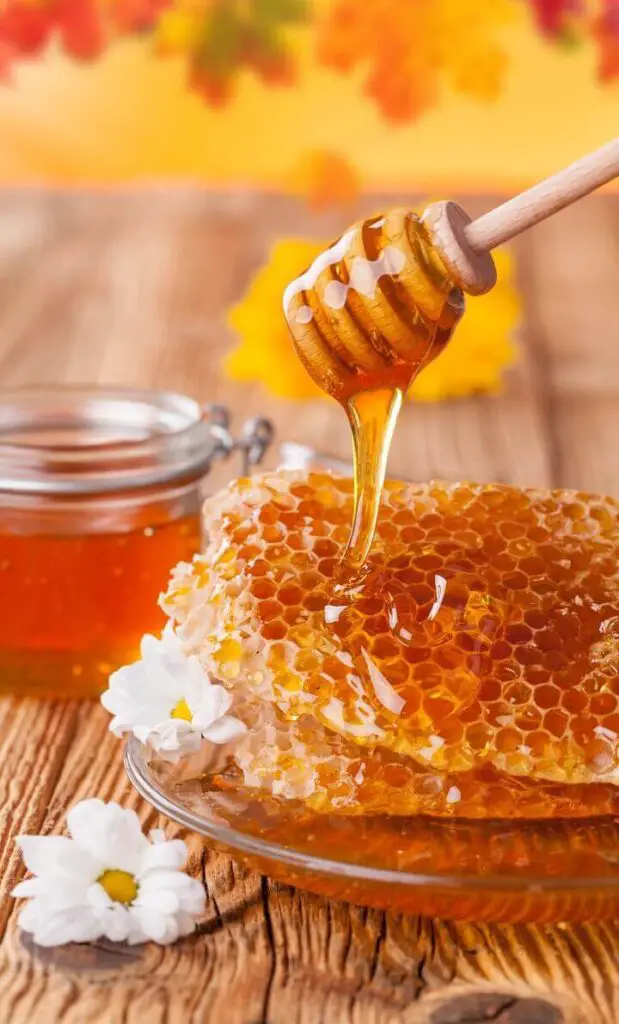
The use of honey as treatment goes back as far as the Ancient Romans. They used honey on wounds during the war to prevent infection. Today, honey is still used to treat wounds and boost the immune system. It may also help with allergies.
Those using honey to prevent wounds from getting infected should use medical-grade honey rather than store-bought. Clean your hands first. Then apply honey to the dressing before applying the dressing on your wound.
Honey is also good for boosting the immune system, which can help you fight off an infection before it starts.
Healthline offers more information on how to use honey for treating wounds.
2. Garlic
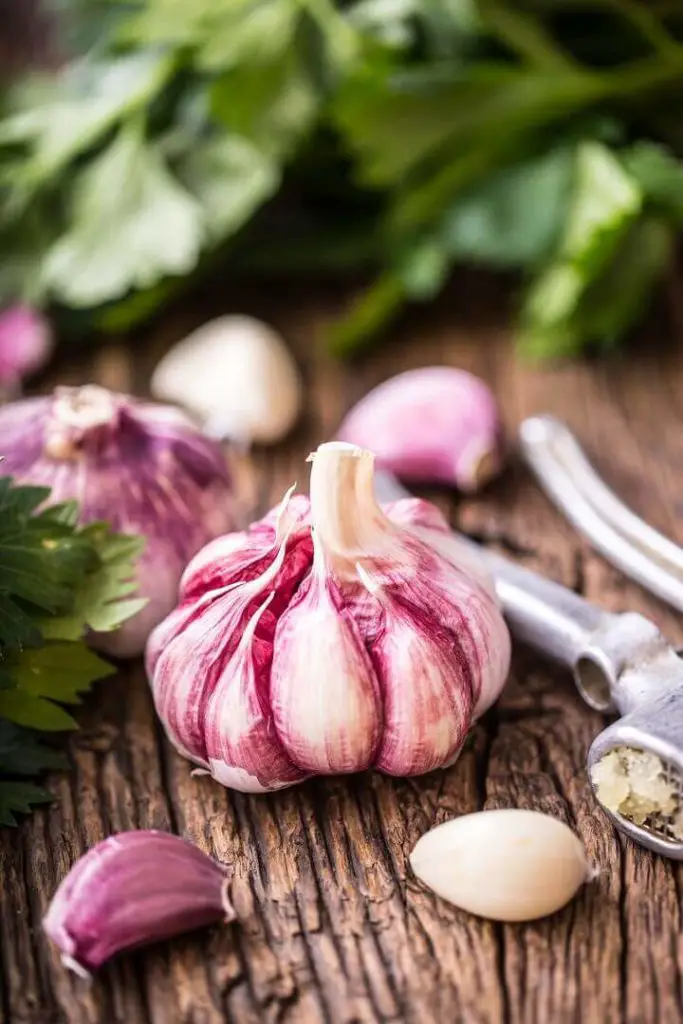
Garlic doesn’t just keep away the vampires. It also works as an alternative to antibiotics. But, of course, we love garlic on our spaghetti, too. The oil in garlic that gives it its strong flavor is called allicin, and it also is what gives it its antibiotic properties.
You can use garlic in a number of ways. The easiest way to use garlic is just to chew on a raw clove (peel it first). This way, the oil gets directly absorbed into your bloodstream through your mouth. However, for some people, this is just too strong of a flavor, and you may need to put the garlic in a little bit of oil or honey.
You can create garlic honey by crushing and blending a few cloves of garlic into some honey, or make it into a tea. Check out leaf. tv for more information on how to use garlic as an antibiotic.
3. Oregano
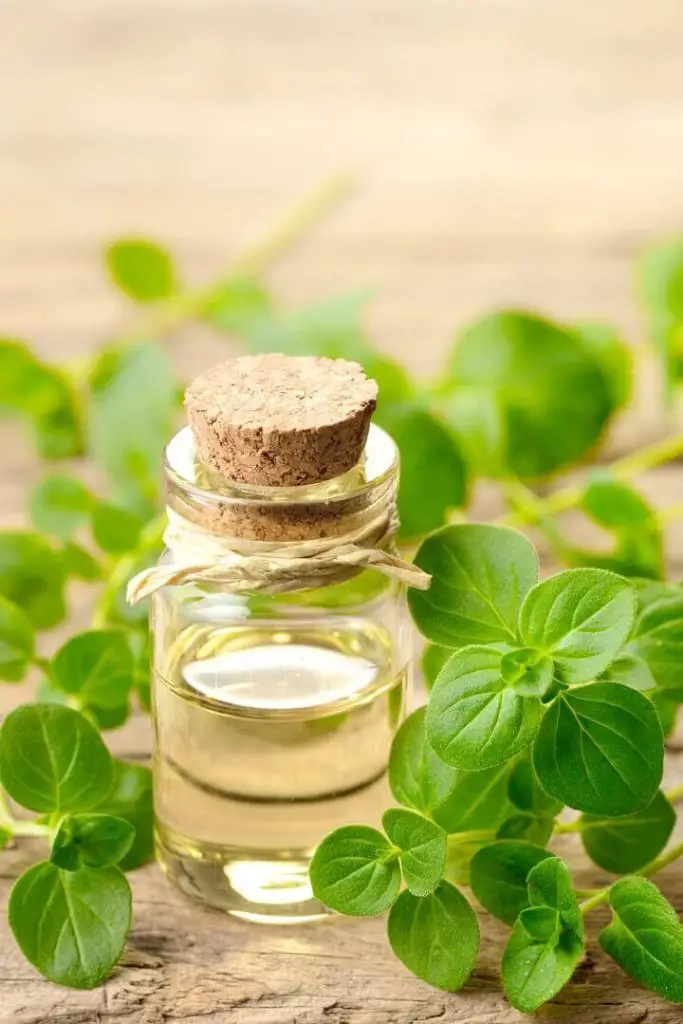
Oregano is another one of those delicious herbs with antibiotic properties. The oil in oregano, known as Caracole, can fight bacteria that cause infections. Oregano is most often used as an essential oil to fight infection. In addition, you can use it in a diffuser to treat sinus issues.
Studies show that topical use of oil of oregano can fight bacterial issues such as antibiotic-resistant MRSA, according to WebMD.com. In addition, oregano oil diluted with a carrier oil can be used to treat acne.
However, it may be too harsh for sensitive skin. Never apply undiluted oregano essential oil to the skin because it is extremely strong and can cause rashes and burns.
Oregano can be purchased as supplements, too.
4. Apple Cider Vinegar
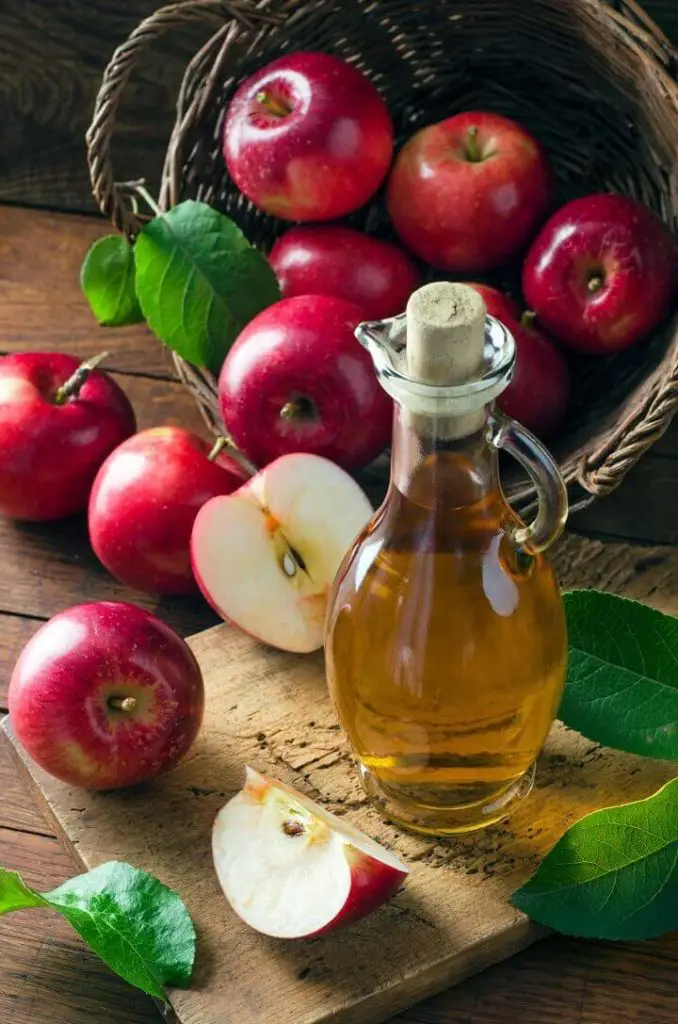
Apple Cider Vinegar has a distinctive taste that lends itself well to salad dressings and vinaigrettes. But According to Medical News Today, studies have shown that apple cider vinegar has antibacterial properties that can kill or reduce the pathogen level of the bacteria that causes infections such as staph infections. It can be used as an astringent to disinfect a wound, as well.
The Illinois Dermatology Institute says that you can soak a wound with vinegar and water to treat or prevent MRSA infections. You just mix a little bit of apple cider vinegar with water and soak a gauze in the mixture. Then, apply the gauze to the wound. You can find the specific directions here.
5. Thyme
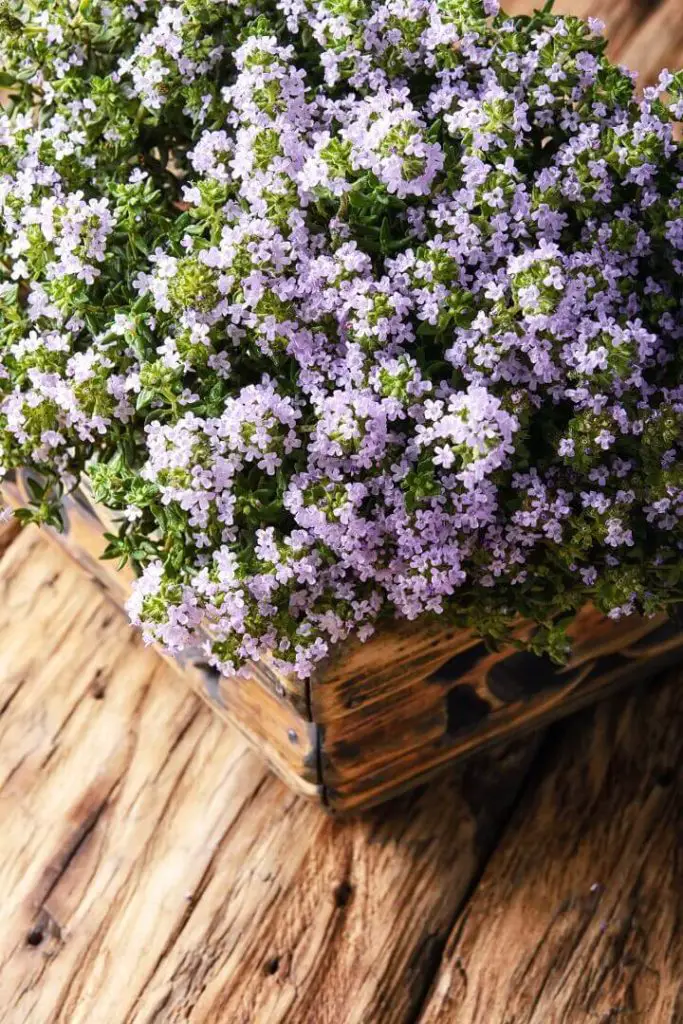
Thyme contains caryophyllene and camphene, which makes the oil of the plant an antiseptic. A study by the Medical University of Lodz in Poland in 2011 showed that thyme oil had a strong effect on clinical strains of infections and even antibiotic-resistant strains of bacteria.
If you infuse olive oil with thyme, you can put it on minor wounds to prevent infection. Find out more here.
6. Goldenseal
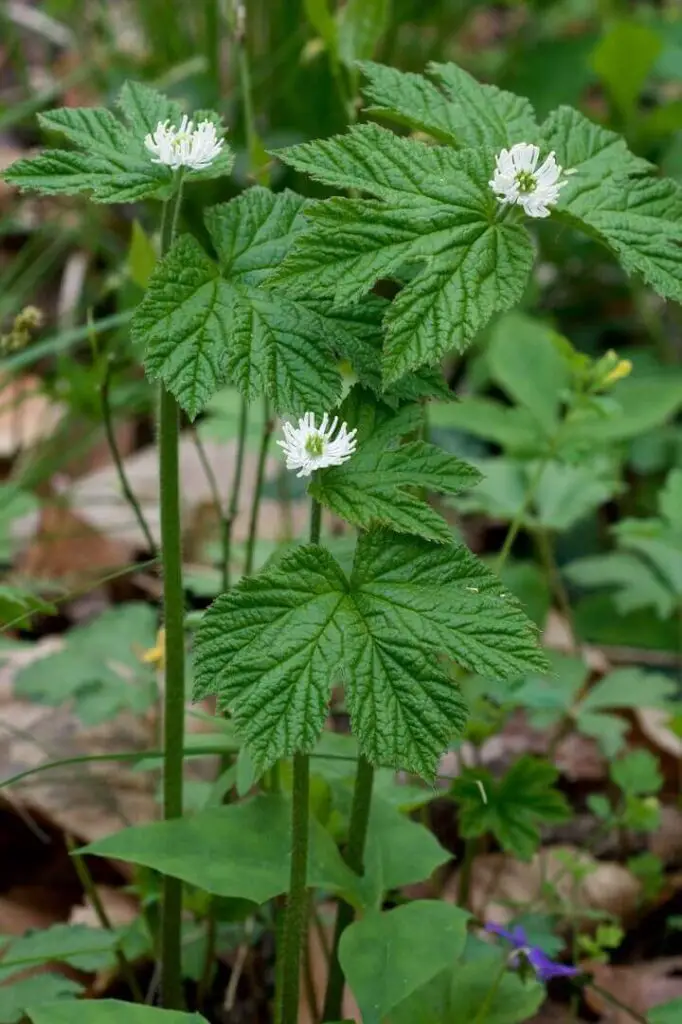
Goldenseal is thought to keep bacteria from sticking to cell walls. It’s often used to treat irritation and inflammation of the respiratory and digestive systems.
Mix half a teaspoon of goldenseal powder with a little salt in a glass of water. Gargle with the mixture and then spit it out. You can do this several times a day but not for more than two weeks to treat a sore throat.
You can also apply goldenseal to dry wounds to help speed healing. Find out more about goldenseal here.
7. Lavender
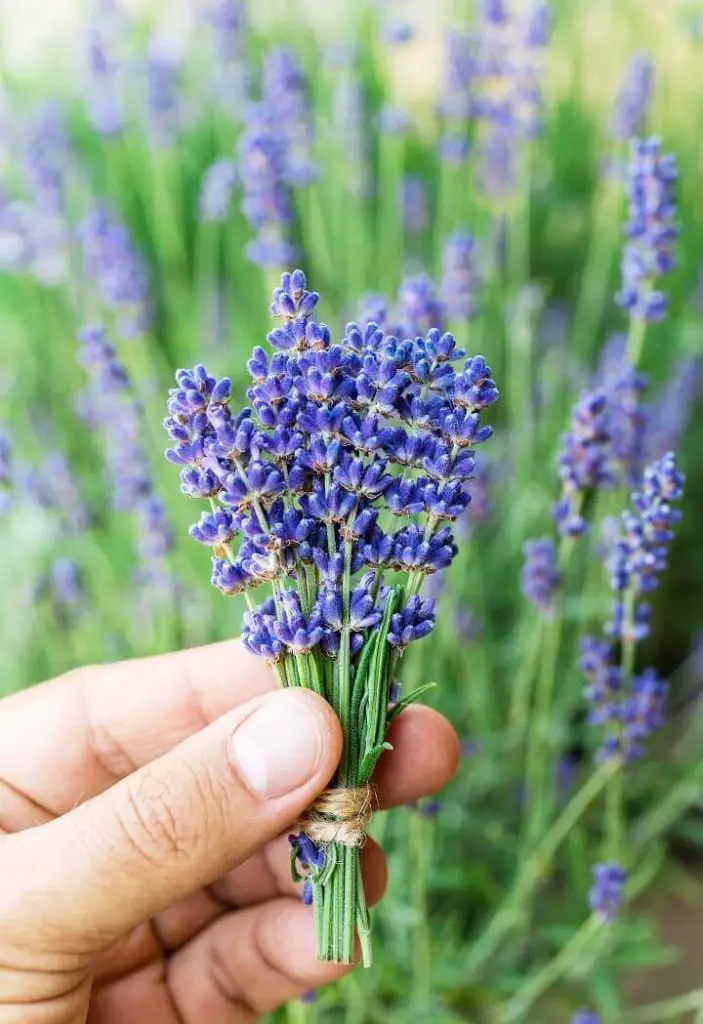
Lavender essential oil is a powerful antibiotic. Mix a few drops of lavender essential oil with a little bit of coconut oil and apply it to a wound to prevent infection. It can also be used to treat acne, as seen on healthline.com. In addition, lavender tea can contribute to an overall feeling of wellness.
Lavender is also thought to improve sleep. Better sleep means your body is more resistant to infection, as well.
8. Turmeric
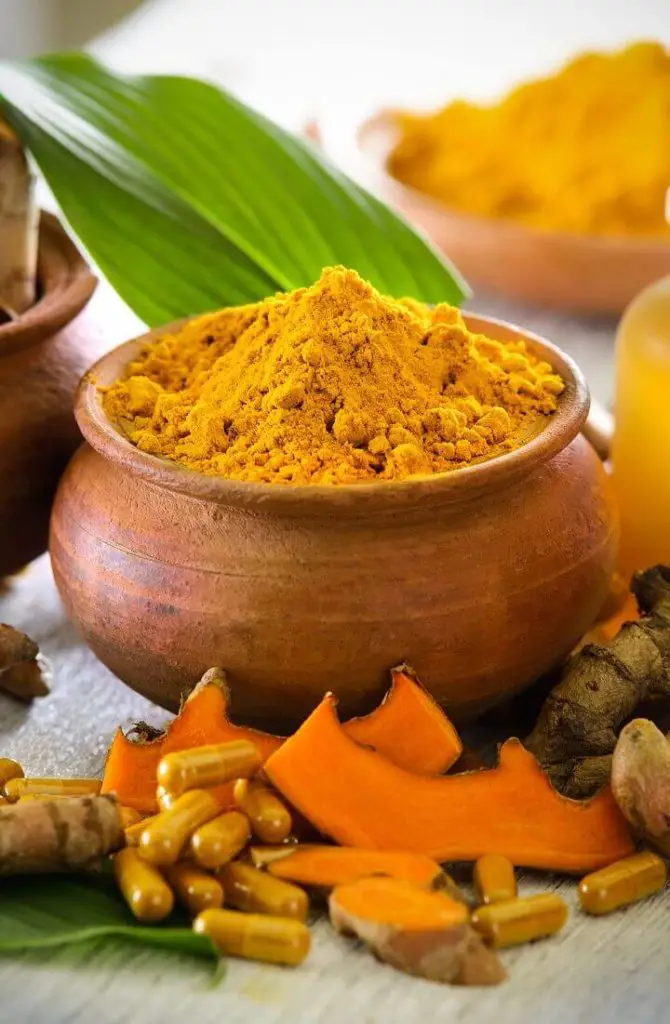
Turmeric has long been used in cooking, but it's also good to help protect your body against infection. According to greenjinn.com, you can use turmeric as a tea to fight chest congestion and a cough.
Stir ¼ tablespoon of turmeric into boiling water and allow it to steep for three to four minutes. After straining, allow it to cool to a comfortable temperature, and then add lemon and honey to taste.
You can also mix turmeric with honey to protect against skin infections.
9. Echinacea
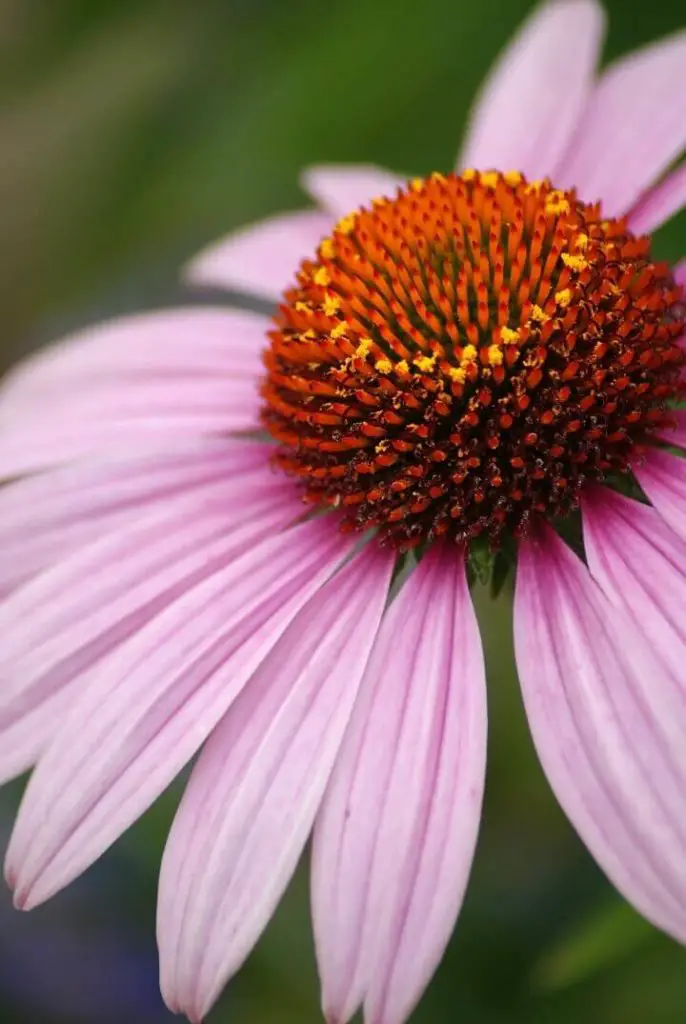
Echinacea has historically been used to treat the common cold. It is thought to lessen the duration and the severity of your cold symptoms. The easiest way to use echinacea is to make an infusion from the petals and leaves or even a decoction from the roots.
You can drink it as a tea or take it as a supplement. You may want to combine echinacea with other herbal remedies, as well. You can find out more about echinacea and its benefits from Off the Grid News.
10. Colloidal Silver
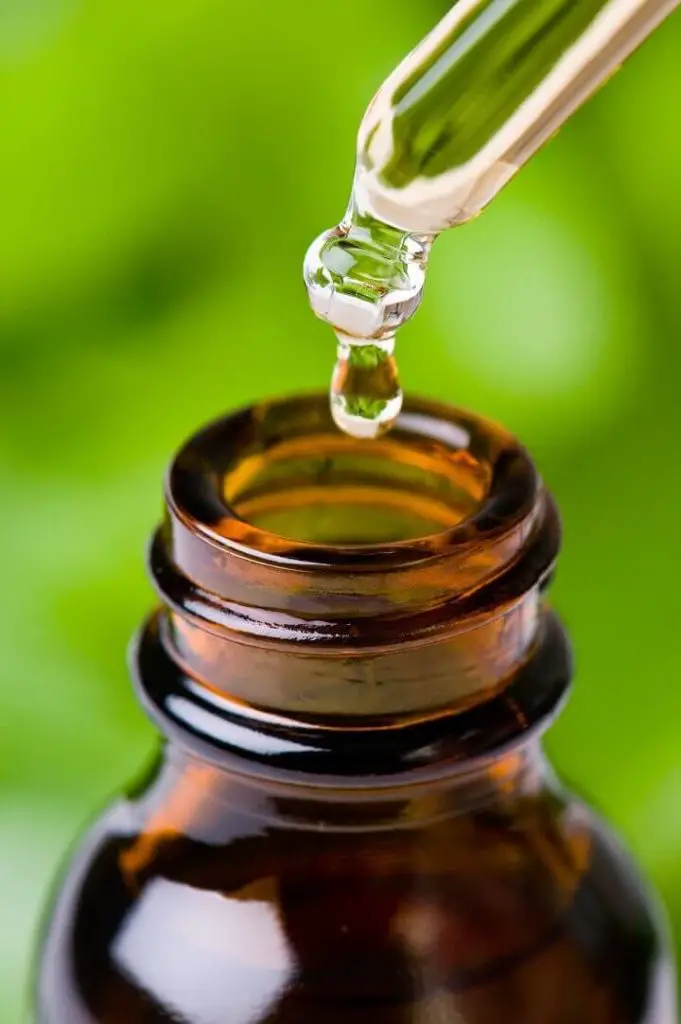
Colloidal Silver was used before the creation of antibiotics, and some people still find it useful against bacteria and microbes. It is a mixture of silver particles that have been suspended in a liquid.
The Survival Mom talks about how you can use colloidal silver as a foot wash for athlete’s foot and as a mouth rinse for cold sores. However, you should be careful about ingesting colloidal silver as it can have serious side effects, which include giving the skin a permanent blue-grey hue.
11. Ginger
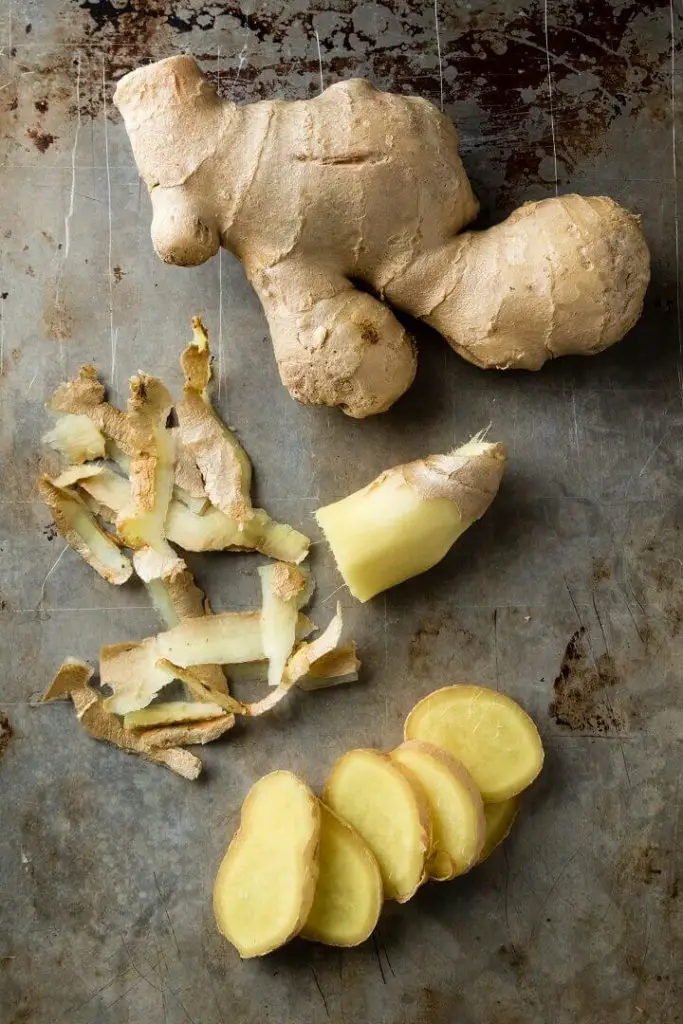
According to shtfdad.com, ginger is a potent antibacterial alternative. Try using ginger as tea or even crushed and mixed with honey for wound care.
To make ginger tea, boil several slices of fresh ginger root in water. Strain, cool, and enjoy. You can add honey to improve the taste.
12. Neem
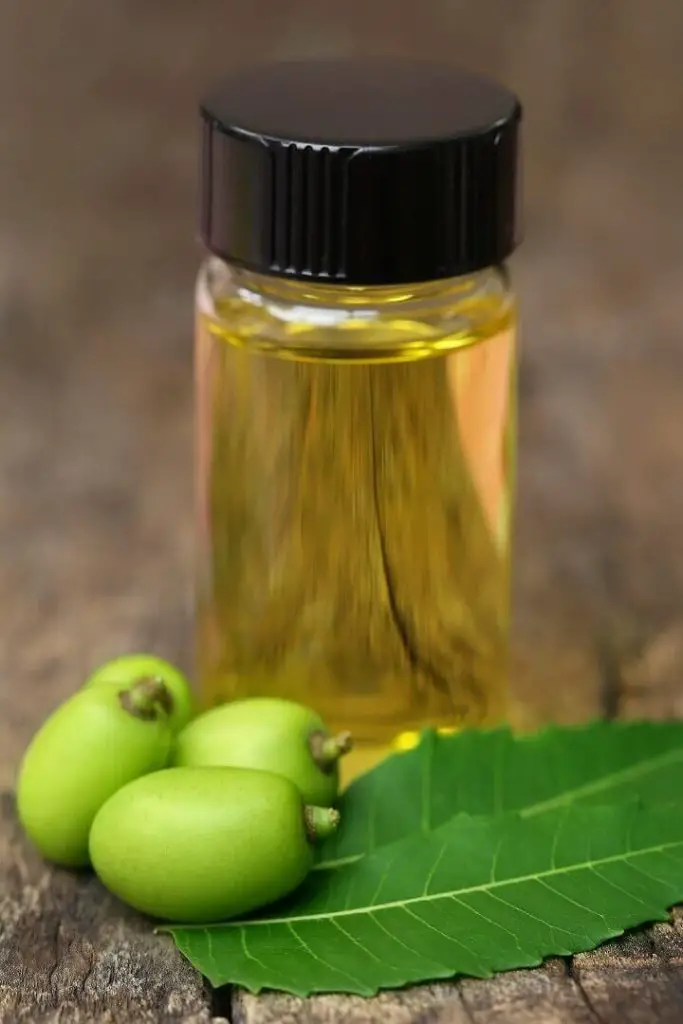
Neem has traditionally been used in Ayurvedic medicine to treat a number of conditions, but it is most often used topically. It can treat skin conditions such as acne, eczema, and psoriasis. It works best if you make it into a salve.
Neem oil is a thick red or green oil made from the seeds and fruits of the neem tree. You can find out more about neem oil and how to make a healing neem oil salve here.
13. Oregon Grape

The compounds found in Oregon Grape, a flowering herb, are thought to be both antimicrobial and anti-inflammatory. It’s been used in traditional Chinese medicine for centuries. Some studies even show that it may help fight off MRSA infections.
You can also make Oregon grape into a strong tea. Then you can soak gauze with the tea to treat wounds. You can find out more about the uses of Oregon grape here.
14. Clove Water
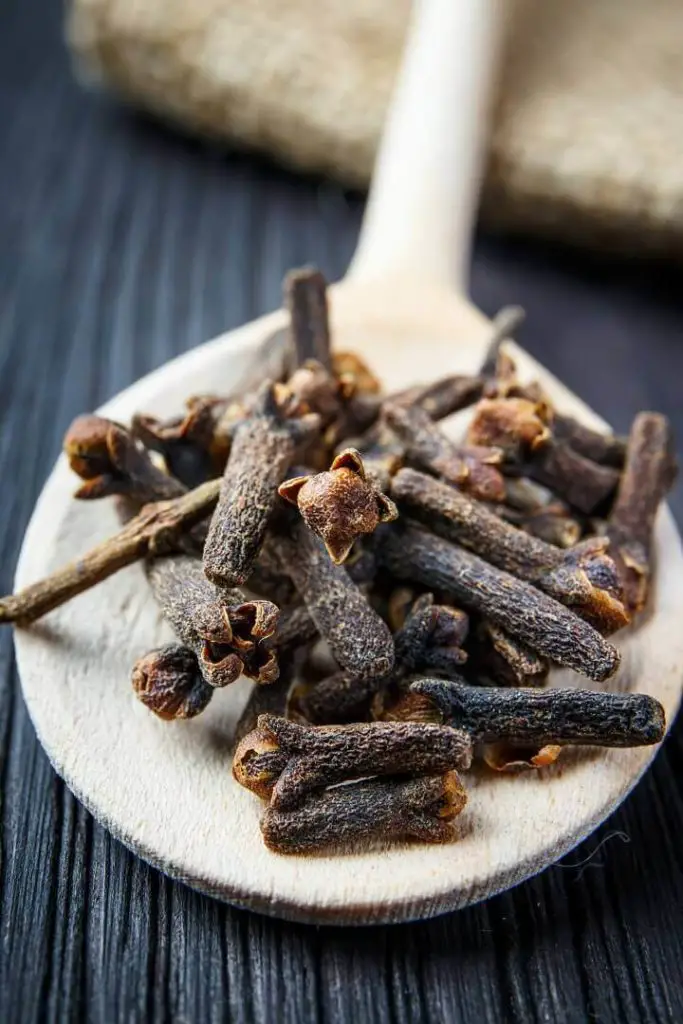
Clove water has traditionally been used to treat infections, especially mouth issues and intestinal issues. In addition, cloves are thought to be anti-inflammatory, anti-microbial, antibacterial, and even anti-fungal.
Ideally, you would gather fresh organic clove leaves and soak them for 12 hours in clean drinking water. Strain the water and drink it, but don’t apply it topically to the skin. Clove leaves are readily available in India.
You can explore more ways to use cloves or clove water here.
Final Thoughts on Alternatives to Antibiotics
Before trying any home remedy or alternative to antibiotics, you should always check with your healthcare provider to make sure it is safe for you. Do your research and always be prepared in case you can’t get to a doctor in a real emergency situation.
Like this post? Don't Forget to Pin It On Pinterest!
You May Also Like:



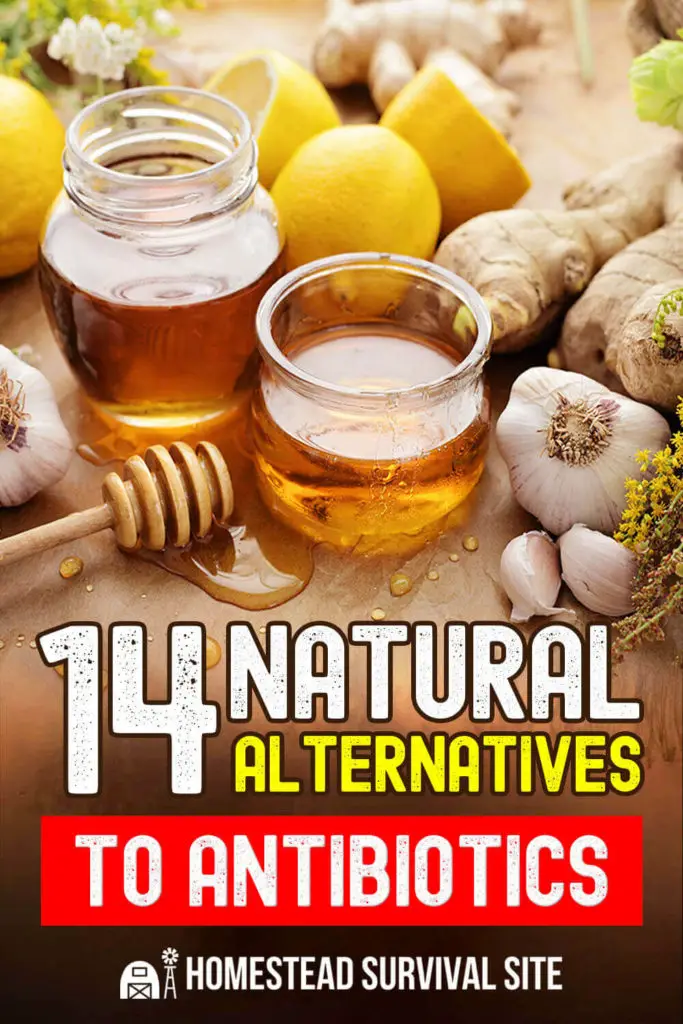









Overlooked is lomatium. I like this one. Powerful!
Love your informationals Just great info. thank you very much.
please fix the problem with me not receiving your email uploads when i select them to be sent.
thanks
I just checked and you’re still on the list. Check you spam folder and if you find one from us, drag it to the inbox.